
by Eric Price | Nov 23, 2022 | Education, Front Page, Page Three, Perusals, Row 2
Winpisinger Center Director and Educator, Chris Wagoner. IAM Mourns Loss of Retired Winpisinger Center Director Chris Wagoner Machinists District 14115 November 2022 The IAM is mourning the passing of Chris Wagoner, who recently retired as Director of the IAM’s...
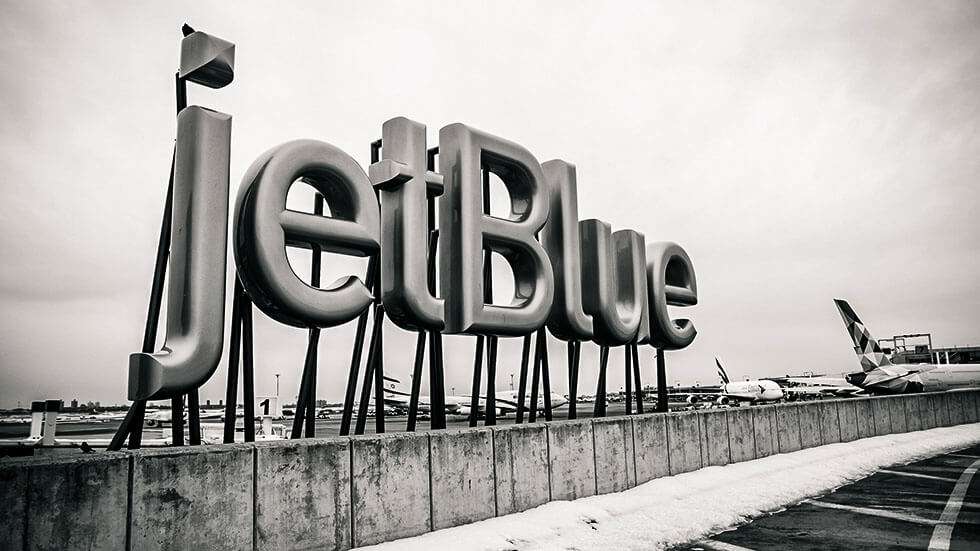
by Eric Price | Nov 16, 2022 | Page Four, Perusals, Uncategorized
Machinists Union Open Letter to JetBlue CEO Organizing16 November 2022 Via U.S. Mail and Email Robin Hayes, CEO, JetBlue Airways Inc.27-01 Queens Plaza NorthLong Island City, NY 11101 Dear CEO Hayes: On September 23, 2022, the International Association of Machinists...
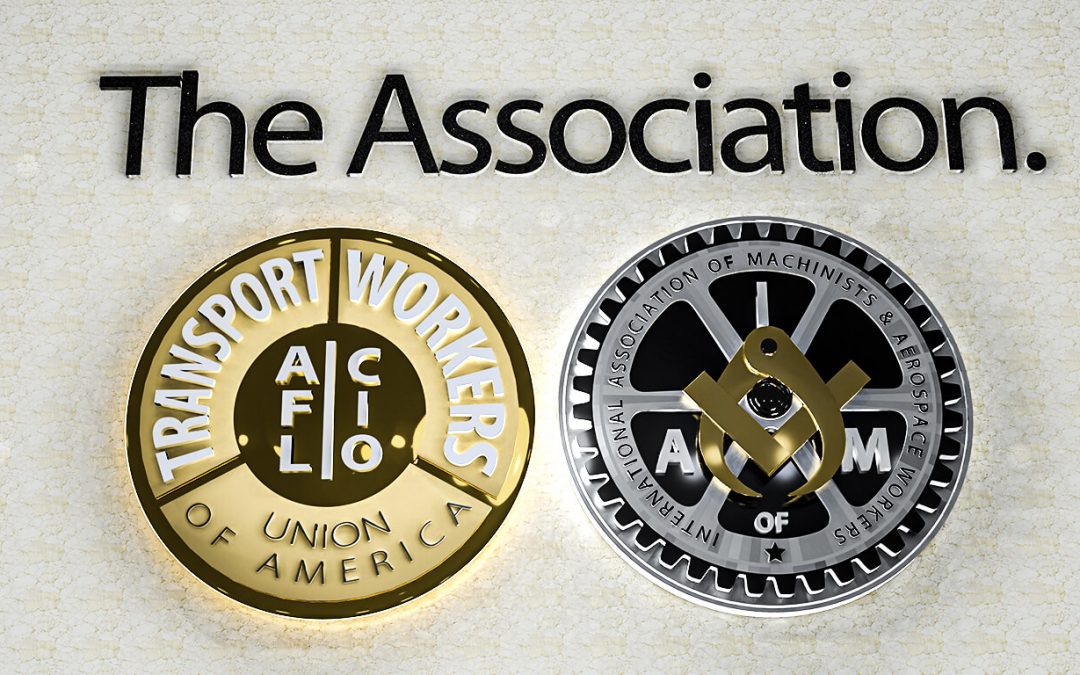
by Eric Price | Nov 7, 2022 | American, Front Page, Page Four, Page Two, Perusals, Row 2, The Association, Uncategorized
Recording Secretaries – Please print and post on all IAMAW Bulletin Boards. GET PRINTABLE COPY >> Related News United Ground Express Negotiations Update May 27, 2025During these sessions, we focused on Section 4 (Hours of Service), where we exchanged and...
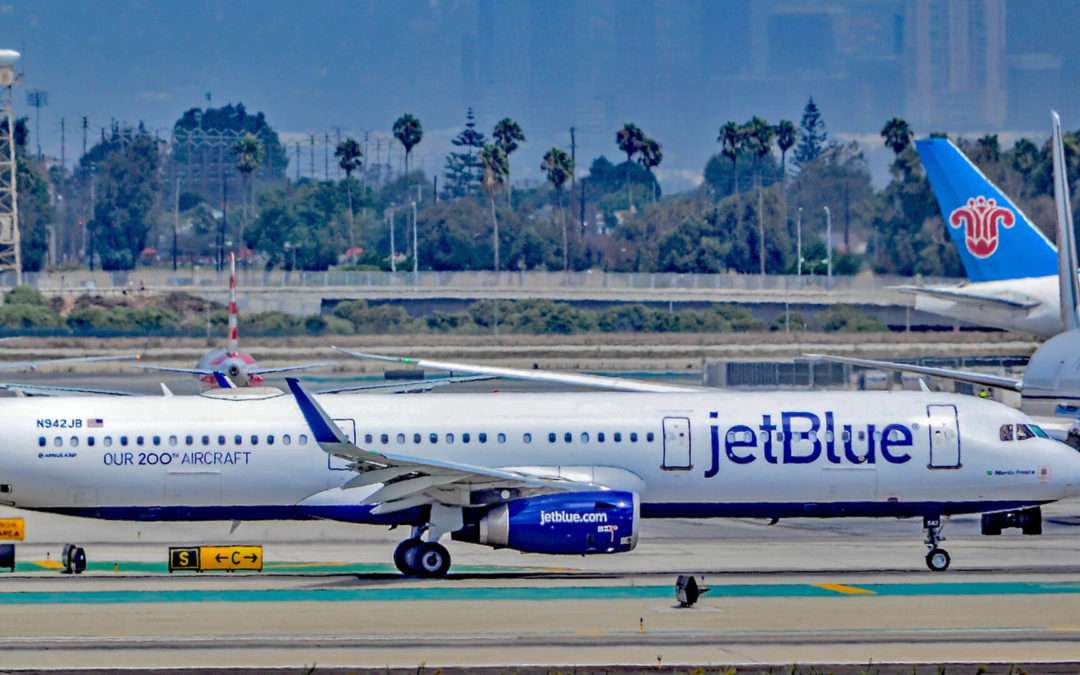
by Eric Price | Nov 7, 2022 | JetBlue, Organizing, Page Three, Page Two, Perusals, Row 2
JetBlue is a company that has been mismanaged for years. Now, that poor management has invited numerous court actions and unwanted ire from the Justice Department. JetBlue Merger Hits More Turbulance Organizing7 November 2022 JetBlue is facing mounting scrutiny over...
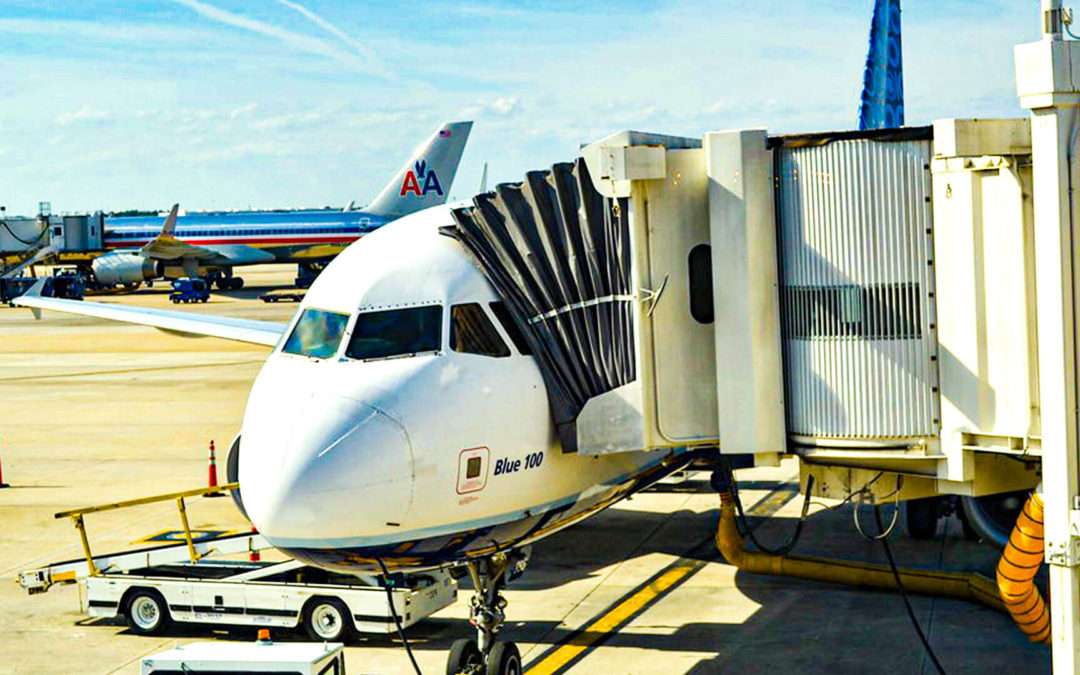
by Eric Price | Nov 4, 2022 | Front Page, JetBlue, Organizing, Page Four, Page Two, Perusals, Row 2, Uncategorized
JetBlue’s VP of Airport Experiences tried to convince Ground Ops Crewmembers to give the airline another year to fix things. JetBlue Lies Exposed in MCO Organizing4 November 2022 Vice President of Airports Experience, Dana Shapir, has been hitting the road since...
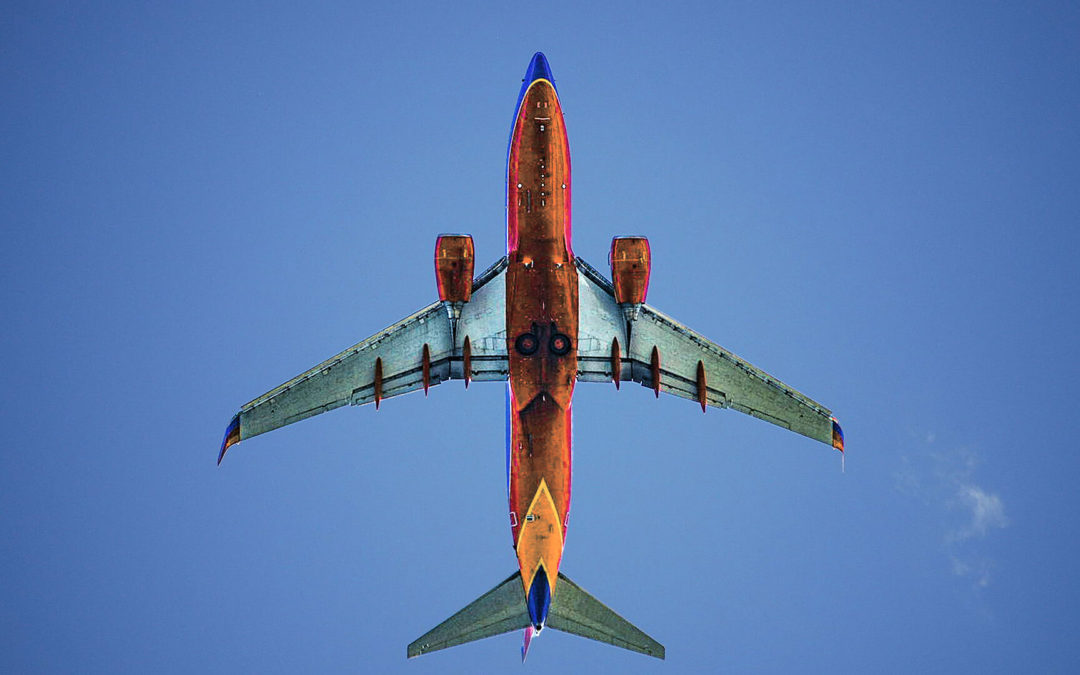
by Eric Price | Oct 31, 2022 | Front Page, JetBlue, Organizing, Page Five, Page Three, Page Two, Perusals, Row 2
Record summer airline profits are proof that workers are assets that should be invested in, not liabilities that should be limited. Summer 2022 Airline Profits: Union Made Organizing31 October 2022 Unions create a workplace where workers take their jobs seriously,...







